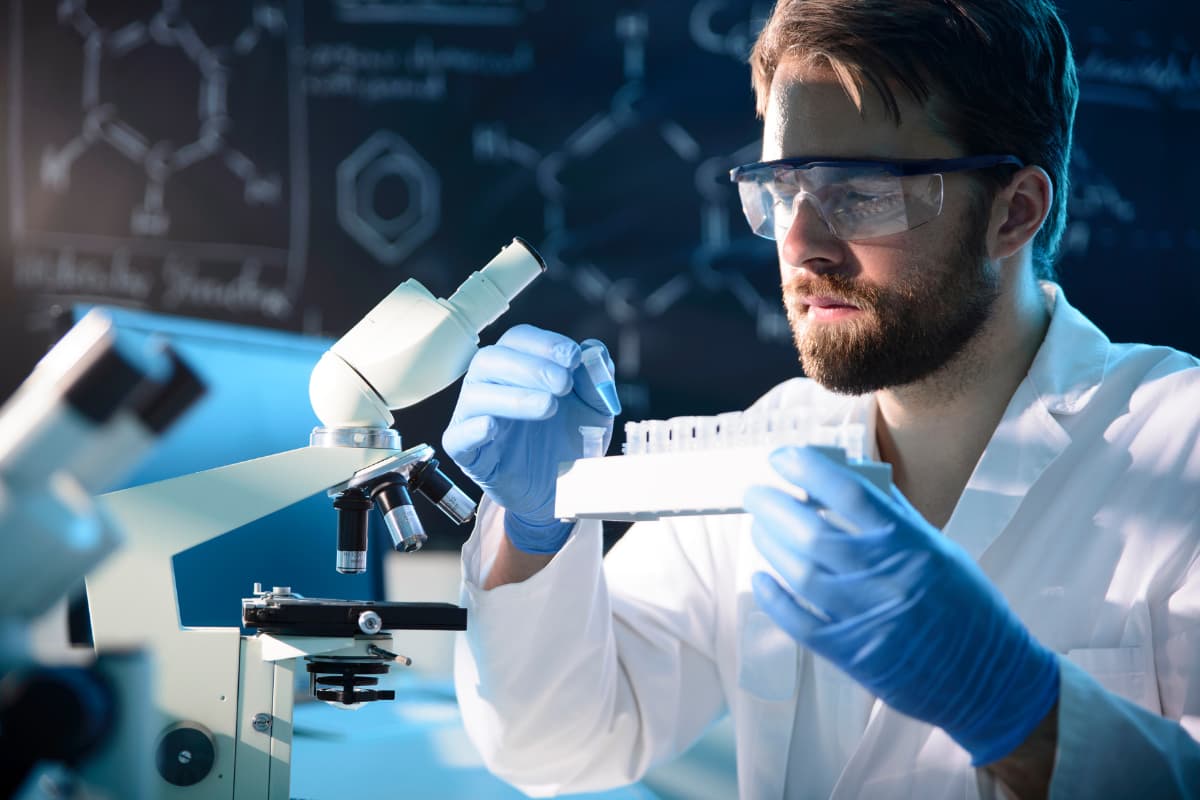
A Pharmaceutical course is an educational program designed to provide students with a comprehensive understanding of the principles, practices, and technologies involved in the discovery, development, manufacturing, regulation, and distribution of pharmaceutical products. Pharmaceutical science plays a critical role in improving human health by developing safe and effective medications to prevent, diagnose, and treat diseases and medical conditions. The primary goal of a Pharmaceutical course is to prepare students for careers in the pharmaceutical industry, healthcare sector, regulatory agencies, and research institutions by equipping them with the knowledge, skills, and expertise necessary to address the complex challenges and opportunities in pharmaceutical science and drug development.
The curriculum of a Pharmaceutical course typically covers a wide range of topics related to pharmaceutical chemistry, pharmacology, pharmaceutics, pharmacokinetics, pharmacodynamics, and pharmaceutical analysis. Core subjects may include drug discovery and development, medicinal chemistry, drug formulation and delivery systems, pharmacotherapy, pharmacovigilance, and regulatory affairs. Students learn about the chemical, biological, and physiological properties of drugs, how drugs interact with the body, and the mechanisms of drug action and metabolism.
One of the key aspects of Pharmaceutical courses is their focus on practical application and hands-on experience. Students engage in laboratory experiments, pharmaceutical formulation studies, and drug development projects to apply their knowledge and skills in pharmaceutical science and technology. They learn how to design and synthesize new drug molecules, formulate drug products, conduct preclinical and clinical trials, and analyze drug safety and efficacy to bring new medications to market.
Pharmaceutical courses also focus on developing students’ understanding of regulatory requirements, quality assurance principles, and industry best practices in pharmaceutical manufacturing and distribution. Students learn about pharmaceutical regulations and guidelines governing drug development, manufacturing, labeling, and advertising, including Good Manufacturing Practices (GMP), Good Laboratory Practices (GLP), and Good Clinical Practices (GCP). They also learn about the role of regulatory agencies such as the Food and Drug Administration (FDA) and the European Medicines Agency (EMA) in ensuring the safety, efficacy, and quality of pharmaceutical products.
Many Pharmaceutical courses incorporate discussions on emerging trends and innovations in pharmaceutical science and drug development, such as personalized medicine, biopharmaceuticals, nanomedicine, and digital health technologies. These topics help students stay abreast of the latest advancements in the field and prepare them to leverage new technologies and approaches to address unmet medical needs and improve patient outcomes.
Pharmaceutical courses may be offered at various academic levels, including undergraduate, graduate, and professional development programs. They may be part of broader degree programs such as Bachelor of Science in Pharmaceutical Sciences, Master of Science in Pharmaceutical Technology, or Doctor of Pharmacy (PharmD), or standalone courses or certificate programs focused specifically on Pharmaceutical Science or Pharmaceutical Technology.
Upon completion of a Pharmaceutical course, graduates have a wide range of career opportunities available to them in various sectors of the pharmaceutical industry and healthcare sector. They may pursue roles such as pharmaceutical scientist, drug development researcher, formulation scientist, regulatory affairs specialist, clinical research associate, or pharmaceutical sales representative in pharmaceutical companies, research institutions, hospitals, regulatory agencies, and consulting firms.
